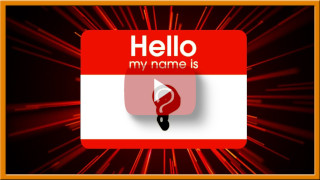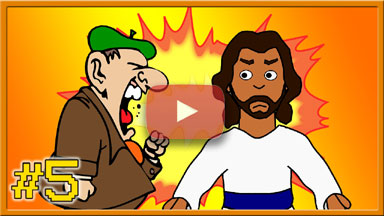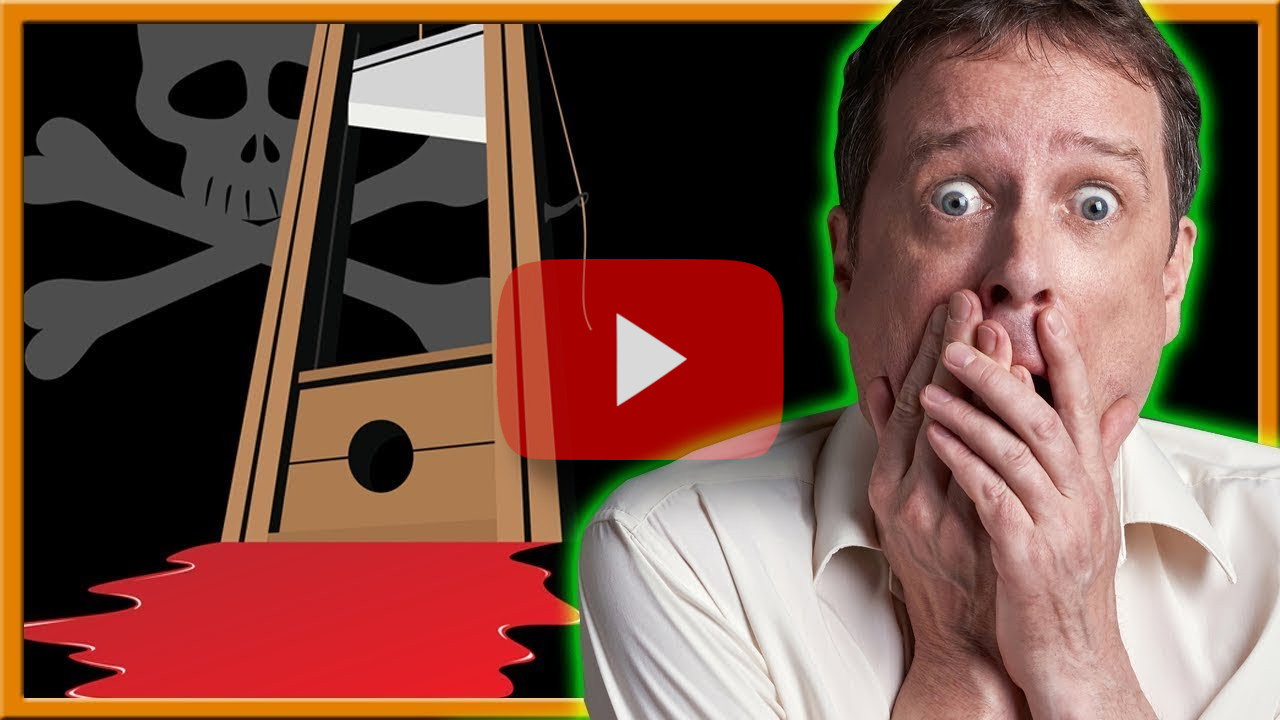Site last updated on February 18th, 2026.
Site last updated on February 18th, 2026.
Click on the quote below to read the article...

"A live-by-faith, work-for-God-not-money Christian community. We distribute Bible-based comics, videos, CDs, novels, and other tracts, and do free (voluntary) work. We are against hypocrisy and self-righteousness in the church; and we are in favour of honesty, humility and love."
- Details

When the traits of evil people are listed, they often include such words as power hungry or power mad. But there is nothing good or evil in power itself.
Power, like electricity or nuclear energy, can be dangerous, if used for evil. But it can also be used for good.
We are told that we will receive power when God's Spirit fills us (Acts 1:8), and we will be able to use this power to preach the good news of Jesus in all the world. Is this evil? Of course not!
We might say that Hitler was power mad; but other world leaders had as much power (or they never would have defeated him). It was power abuse that made Hitler the threat that he was.
Power of any sort can be abused. Even power from God can be abused if we do not put it to the use for which it was intended. Certainly charismatics who use God to 'claim' wealth for themselves while the rest of the world goes without, are a sickening perversion of Acts 1:8.
We should ask why people want power. There is a close link between power and money. It is often difficult to say which is the cause and which is the effect. Do people want money because it gives them power, or do they want power because it can be used to make money? In both cases, if getting more money (i.e. greed) is part of the agenda, you can be sure that the power is being (or will be) abused.
Power brings with it the temptation to use some of it selfishly. Few of us can totally resist that temptation. But the answer is not to shun all power. That was the reasoning of the man who buried his 'talent' for fear of making a mistake when investing it. He ended up punished for doing nothing. (Matthew 25:25-30)
Paul said we should desire to be spiritual leaders (1 Timothy 3:1) We may misuse leadership, but we'll never know until we try.
Sincere leaders recognise their own fallibility and take steps toward self-regulation. Real character comes from disciplining yourself in areas where no one else knows what you are doing. If we were to define a cult (i.e. a group which is dangerous by virtue of its beliefs rather than by what it actually does), we would say that cults are groups which do not have some form of accountability from their leaders.
If we could say anything in defence of Billy Graham, it would be that he set up his organisation so that he would be accountable to a governing body, something which most televangelists do not do.
Within our own group we have a commitment to the democratic process and a grievance system, both of which can be used to challenge or overrule a decision made by the leader. No form of government is infallible; but accountability on the part of the leader is the best protection from abuses of power.
Jesus said that God would answer prayers made by two or more people in agreement, and he said that God's Spirit would be present where two or more people were gathered together to serve him. This seems to exclude individuals operating on their own and making completely arbitrary decisions.
In conclusion, remember that any tool is only as good as the person using it. Use power wisely, and don't abuse it.
(See also Disagreements, Two Witnesses, and Abuse of Power.)
Register or log in to take the quiz for this article




















